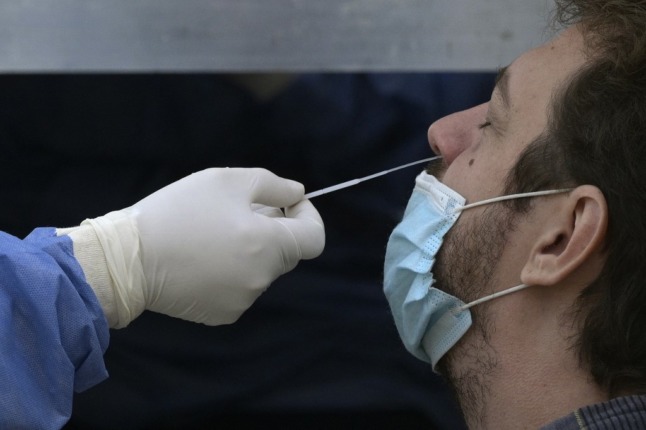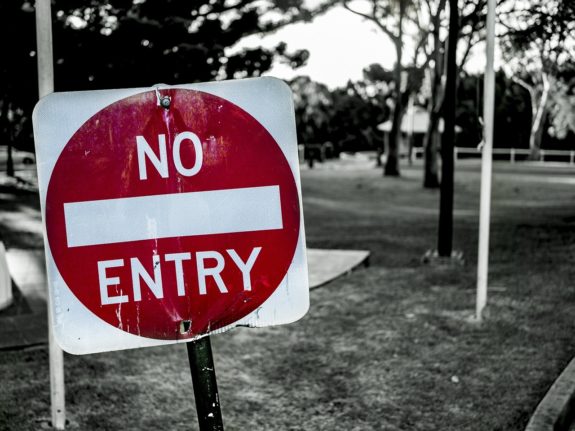Third wave caused by “egoism and ignorance”
Nearly 300 new cases were reported on Wednesday — a significant increase over last week’s numbers — and Swiss politicians say unvaccinated people are to blame for the rise in infections.
“The third wave will be caused by egoism and ignorance”, according to MP Philippe Nantermod.
Another deputy, Lorenz Hess, pointed out that “Switzerland cannot afford a third wave. Unless you have medical justification, there is no good reason to avoid the vaccine”, he said.
READ MORE: Why have new Swiss Covid cases doubled in one week?
Antigen tests for travel are now free of charge
Until June 26th, negative antigen tests for travel used to cost between 20 and 90 francs, depending on the testing location.
However, the Federal Council decided on June 26th to make these tests (though not PCRs) free, even though some venues still continue to charge.
This means that all those who have taken a rapid test after June 26th and received their official certificate from the Federal Office of Public Health (FOPH) with a QR code but had to pay a fee can ask for a refund, FOPH said.
Despite the “no” vote, the CO2 tax will increase next year
On June 13th, voters rejected the law aiming to drastically reduce Switzerland’s CO2 emissions by 2030 because the costs of goods and services ranging from plane tickets to heating oil would increase.
However, prices will go up anyway in 2022, from 96 francs per tonne of CO2 to 120 francs, according to the Federal Office for the Environment (FOEN)
Good news is that“two-thirds of the revenue from the tax is redistributed to the population and to businesses. “In 2021, each person who lives in Switzerland receives an amount of 87 francs, FOEN said.
Four in ten people still have Covid symptoms after seven months
A new study by the University Hospitals of Geneva (HUG) and the University of Geneva (UNIGE) showed that 40 percent of those who suffered from coronavirus said their symptoms persisted seven to nine months after contamination.
Chronic fatigue is the most common —20.7 percent, followed by loss of taste or smell (16.8 percent), shortness of breath (11.7 percent), and headaches (10 percent).
These results are comparable with international studies of the same type that have been carried out, but with a smaller number of participants.
Switzerland gets tough on Belarus
After Belarussian president Alexsander Lukashenko intercepted a foreign airliner in May and arrested a dissident on board, Switzerland vowed to take sanctions against the Eastern European country.
Among these measures are the ban on supplying military equipment and goods that could be used for internal repression, as well as the freezing of Belorussian assets and economic resources in Swiss banks.
If you have any questions about life in Switzerland, ideas for articles or news tips for The Local, please get in touch with us at [email protected]



 Please whitelist us to continue reading.
Please whitelist us to continue reading.
Member comments